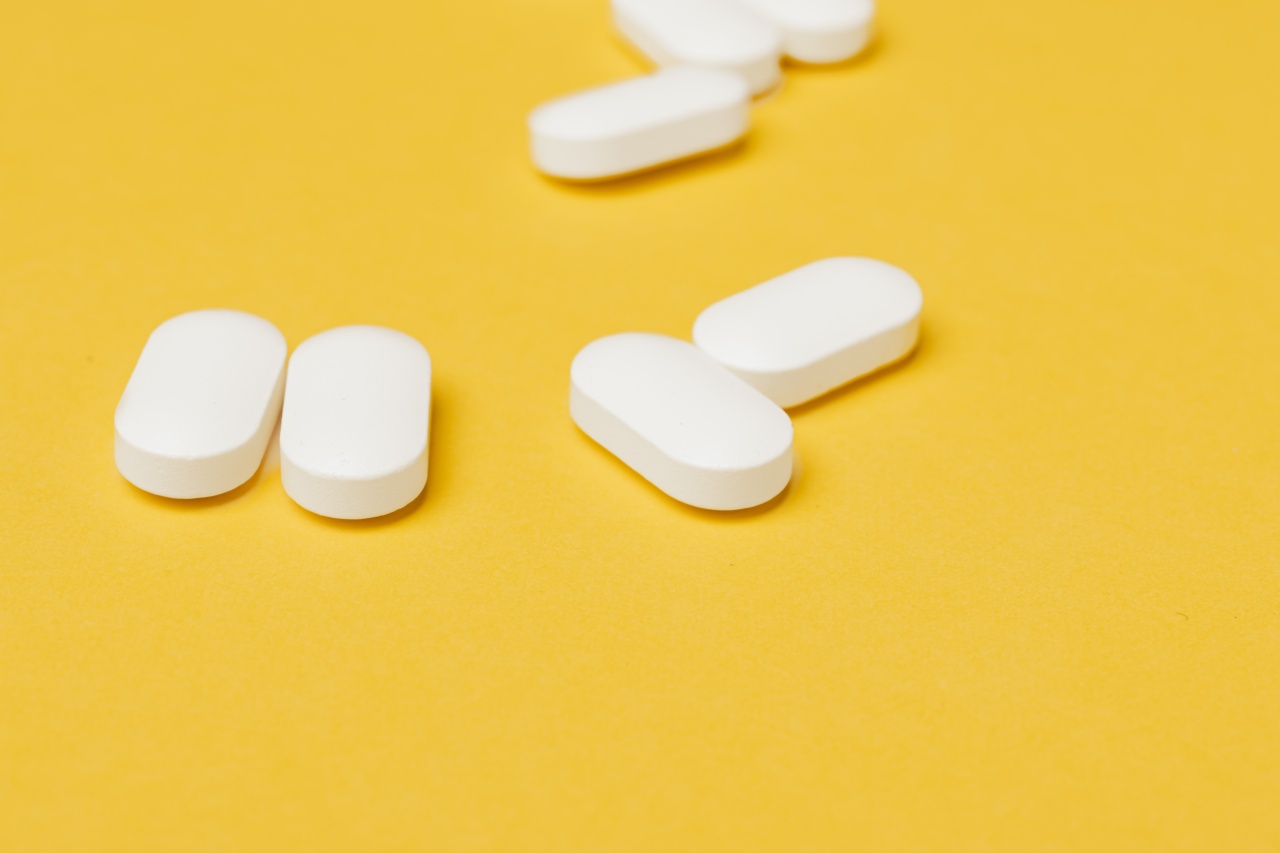Liver transplantation is a life-saving procedure for individuals with end-stage liver diseases or acute liver failure.
While the surgery successfully replaces a diseased liver with a healthy one, it also presents several challenges for patients in terms of their immune system and overall health. One crucial factor that plays a significant role in the well-being of liver transplant recipients is vitamin D.
This essential nutrient not only supports the immune system but also provides protection against various complications that may arise after transplantation.
The Importance of Vitamin D
Vitamin D, often referred to as the “sunshine vitamin,” is produced in the skin when exposed to sunlight. It can also be obtained from certain foods and supplements.
This nutrient is essential for maintaining healthy bones and teeth, supporting immune function, reducing inflammation, and promoting overall well-being.
Individuals with liver disease, including those waiting for or recovering from a liver transplant, are at an increased risk of vitamin D deficiency. Liver dysfunction impairs the liver’s ability to convert inactive vitamin D into its active form.
Additionally, limited sunlight exposure due to illness, hospital stays, or medication side effects contributes to decreased vitamin D levels in these patients.
Vitamin D and the Immune System
Vitamin D plays a crucial role in modulating the immune system. It supports the innate and adaptive immune responses, helping the body fight off infections and reducing the risk of autoimmune reactions.
For liver transplant recipients, maintaining a healthy immune system is particularly important as they are at an increased risk of infection due to immunosuppressive medications.
Research suggests that vitamin D deficiency is associated with an increased risk of infections and acute rejection following liver transplantation.
Adequate vitamin D levels help enhance the body’s response to vaccinations, reducing the likelihood of developing infections such as respiratory tract infections, urinary tract infections, and graft infections.
Role in Bone Health
Bone health is a significant concern for liver transplant recipients. Several factors contribute to bone loss, including the use of immunosuppressive medications, vitamin D deficiency, and decreased physical activity during recovery.
Vitamin D, in conjunction with calcium, plays a critical role in maintaining bone health and preventing conditions such as osteoporosis and fractures.
Supplementation of vitamin D is often recommended for liver transplant patients to prevent bone loss and support overall skeletal health.
Regular monitoring of vitamin D levels and bone density scans are essential to assess any deficiencies or complications.
Vitamin D and Metabolic Syndrome
Metabolic syndrome, characterized by obesity, high blood pressure, high blood sugar, and abnormal cholesterol levels, is common among liver transplant recipients.
These individuals may experience weight gain, insulin resistance, and lipid abnormalities, putting them at a higher risk of cardiovascular diseases.
Studies have shown that vitamin D deficiency is prevalent in liver transplant recipients with metabolic syndrome.
Optimizing vitamin D levels may help improve insulin sensitivity, regulate blood pressure, and reduce the risk of cardiovascular complications. Therefore, monitoring and maintaining adequate vitamin D levels are essential in managing metabolic syndrome in liver transplant patients.
Avoiding Vitamin D Toxicity
While vitamin D is essential for liver transplant patients, it is important to avoid excessive intake, as it can lead to toxicity.
The recommended daily dose of vitamin D varies depending on individual needs and should be determined in consultation with a healthcare professional.
Monitoring blood levels of vitamin D is crucial to ensure patients maintain optimal levels without risking toxicity. Regular follow-ups and adjustments to vitamin D supplementation, if necessary, can help strike the right balance.
Food Sources and Supplementation
For liver transplant patients with vitamin D deficiency, supplementation is often required. Vitamin D supplements are available in the form of capsules, tablets, or liquid.
The dosage may vary based on individual needs and should be determined by a healthcare professional.
In addition to supplements, incorporating vitamin D-rich foods into the diet can also be beneficial.
Natural food sources of vitamin D include fatty fish (such as salmon, mackerel, and trout), fortified dairy and plant-based milk products, eggs, and mushrooms exposed to sunlight.
Taking Steps towards Vitamin D Sufficiency
Ensuring optimal vitamin D levels is crucial for the overall well-being of liver transplant patients. Here are some steps that can help achieve and maintain vitamin D sufficiency:.
- Regularly monitor vitamin D levels through blood tests.
- Discuss vitamin D supplementation with a healthcare professional.
- Incorporate vitamin D-rich foods into the diet.
- Get sensible sun exposure, when possible and as suggested by a healthcare professional.
- Maintain a healthy and balanced diet to support overall health.
- Engage in regular physical activity as advised by healthcare professionals.
- Frequently assess bone health through bone density scans.
- Attend regular follow-ups with healthcare professionals to track progress.
- Stay informed about the latest research and recommendations related to vitamin D.
- Seek guidance from healthcare professionals before making any significant dietary or lifestyle changes.
Conclusion
Vitamin D plays a vital role in supporting the overall health and well-being of liver transplant patients. From enhancing the immune system to supporting bone health and metabolic function, this essential nutrient offers significant benefits.
Regular monitoring of vitamin D levels, appropriate supplementation, and incorporating vitamin D-rich foods into the diet are essential steps towards achieving and maintaining optimal vitamin D status. By valuing the importance of vitamin D, liver transplant patients can strive towards better health outcomes and improved quality of life.






























